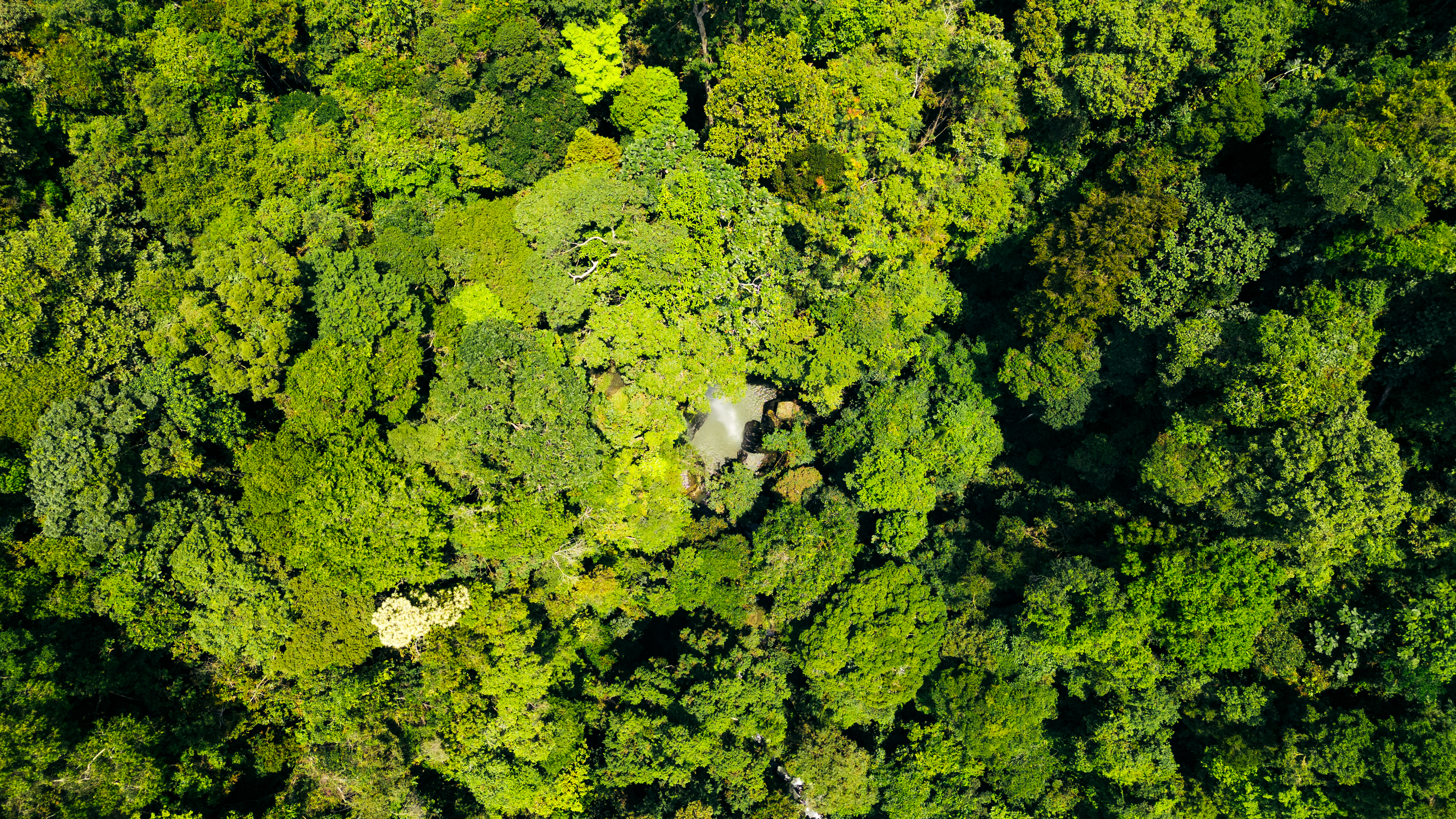INDONESIA – NORWAY AGREEMENT ON DEFORESTATION: WHAT COME NEXT?
Media statement
For immediate release June 3, 2010
Indonesia – Norway Agreement on Deforestation: What come next?
Jakarta, Indonesia – Norway’s announcement to provide USD 1 billion in supporting Indonesia showed that the two governments agreed on efforts to reduce emissions from deforestation and forest degradation (REDD+). This partnership is a huge step towards saving the country’s peat and natural forests, and a major step towards saving the world’s climate – one of the the greatest challenges of the world today.
“WWF-Indonesia is welcoming and ready to support the Indonesian President’s commitment to halt all new consessions for conversion of peat and natural forests in two years, starting January 2011. This initiative provides new opportunities which will contribute significantly to green house gas emissions reduction,” said Dian A. Kosasih, Forest, Freshwater, & Species Program Director, WWF-Indonesia.
Fitrian Ardiansyah, Climate & Energy Director, WWF-Indonesia added, “Indonesia – Norway agreement set a performance standard and thus we now have to work hard to prove that REDD is workable by concrete works that formalizes REDD implementation so it can take off; making sure that the gaps in developing REDD are being addressed, for example: safeguard issues, benefit distribution mechanism; ensuring that the channeling of the fund is developed in such way that it is disbursed to the right actors and there is assurance that the transaction costs are minimal.”
In this crucial six months (preparation) phase to January 2011, WWF-Indonesia expects the discussions on REDD+ work plan development are not solely the responsibility of central government, but also engage all relevant stakeholders, from local governments, civil societies and local communities, parallel with close intersectoral coordination amongst departments.
Furthermore, WWF-Indonesia calls all national and multinational companies that are currently clearing or planning to clear natural and peat forests, unexceptionally draining peat forests, to follow the President’s commitment and immediately stop any forests affecting activities. Dian A. Kosasih stated, “Acknowledgement to those who are willing to stop are very important to be highlighted in order to honour and differ from those who continue to exploit natural and peat forests without regards to biodiversity and cultural values. There are in fact efforts to conduct mappings of degraded land for pulp and paper, oil palm plantations, and other agricultural extensification areas.”
This agreement hopefully would encourage other type of concrete financial support from other developed countries (as promised before and in Copenhagen) for REDD+ in tropical forest nations, like Indonesia. “The challenge to address deforestation is huge and hence any significant financial support would allow Indonesia to develop clearer and credible and workable REDD policy and framework as well as gradually develop implementation of REDD+ on the ground, which eventually reduce emission and address the drivers of deforestation,” underlined Iwan Wibisono, Forest Climate Policy Coordinator, Climate & Energy Program, WWF-Indonesia.
According to Fitrian, “The agreement would highly contribute to COP 16, Cancun (Mexico), as a good example of a global agreement on climate change that includes REDD.”
Source People:
- Dian A. Kosasih, Forest, Freshwater, & Species Program Director, WWF-Indonesia, ikosasih@wwf.or.id, +62-811 110 697
- Fitrian Ardiansyah, Climate & Energy Program Director, WWF-Indonesia, fardiansyah@wwf.or.id, +62-812 935 5105
- Iwan Wibisono, Forest Climate Policy Coordinator, Climate & Energy Program, WWF-Indonesia, iwibisono@wwf.or.id, +62-813 175 66300
Media Relations :
- Desmarita Murni, Forest, Freshwater, & Species Communications Coordinator, Forest Program, WWF-Indonesia, dmurni@wwf.or.id, +62-811 793 458
- Verena Puspawardani, Campaign Coordinator, Climate & Energy Program, WWF-Indonesia, vpuspawardani@wwf.or.id, +62-813 982 72 690
About WWF
WWF is one of the world's largest and most respected independent conservation organizations, with almost 5 million supporters and a global network active in over 100 countries. WWF's mission is to stop the degradation of the earth's natural environment and to build a future in which humans live in harmony with nature, by conserving the world's biological diversity, ensuring that the use of renewable natural resources is sustainable, and promoting the reduction of pollution and wasteful consumption.
WWF started working in Indonesia in the early 1960s focusing on Java Rhino research in Ujung Kulon. In April 1998, WWF-Indonesia Foundation was established as a WWF global network’s independent national organization. WWF-Indonesia Jakarta office leads and coordinates 25 field offices. WWF-Indonesia conservation programme takes place in protected areas in 17 Indonesian provinces. WWF-Indonesia’s vision is “Conservation of Indonesia biodiversity for the well-being of present and future generations”. Our mission is to conserve biodiversity and reducing human impact.
Contact us:
WWF-Indonesia
Kantor Taman A9, Unit A-1
Kawasan Mega Kuningan
Jakarta 12950, Indonesia
Phone: +62 21 576 1070
Fax: +62 21 576 1080
www.wwf.id for latest news and media resources

